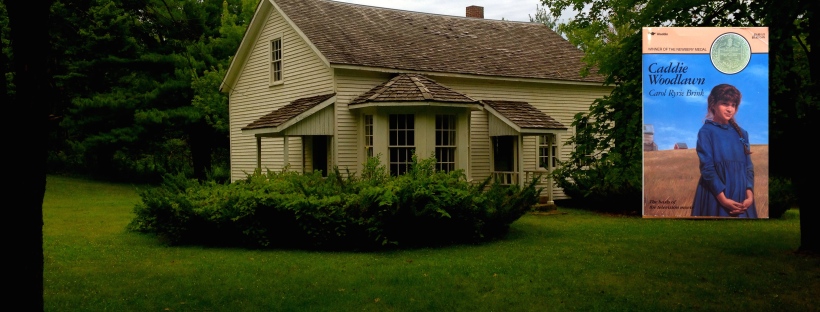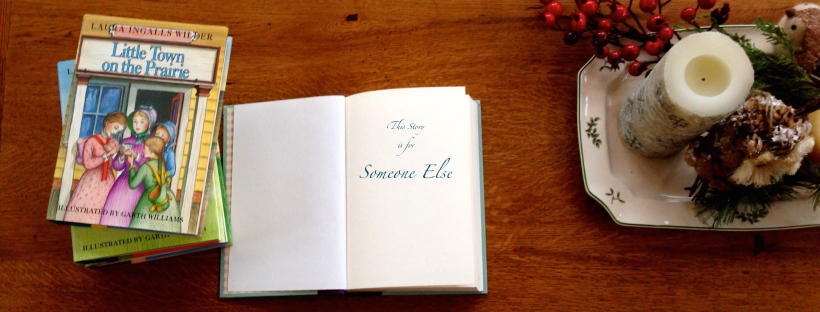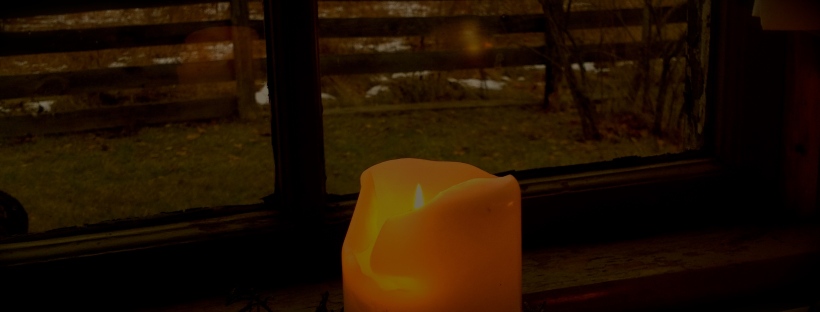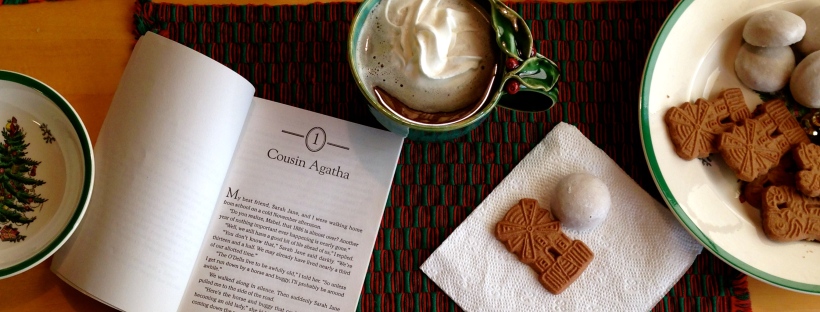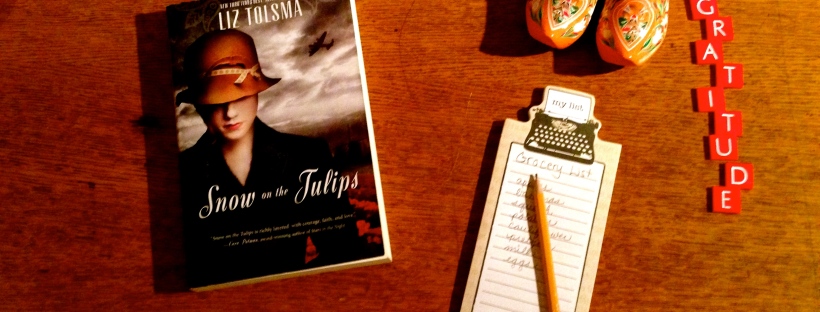Ten minutes was all they had. Ten minutes to share a kind word and some home-cooking. Ten minutes to send off the American boys who might never come home.
So out came the sandwiches, out came the angel food cakes, on came the jukebox and on went the coffee. After all, ten minutes was all they had.
Can you picture it? The troop train clangs to a stop and young soldiers pour off. Mothers and daughters hand out plates of food as if serving their own sons and brothers. What would the hospitality and kind words mean to you if you were heading off to war? How would angel food cake taste when you knew it would be the last you would have in a long time or when you’d been eating military food? What would you do with the pen-pal address hidden in your popcorn ball?
This is the story of the North Platte Canteen. During WWII, the North Platte Canteen was a hopping place as troop trains stopped in that small Nebraska town on their way across the country. North Platte’s people saw this as an opportunity. Why not seize those ten-minute stops to encourage those American soldiers?
So the homemakers got together. Soon the husbands and children joined in to whisk egg whites with forks, serve sandwiches, form sticky popcorn balls, and chip in their pocket money. My own Grandpa Dan who grew up in Nebraska remembers that his mother sent money to support the Canteen. I’ve wondered if my Grandpa Ken who served in the Air Force during WWII ever stopped in North Platte.
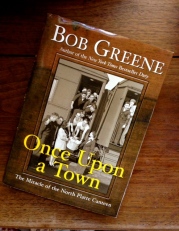
A special thank-you to my Grandpa Dan and Grandma Ruth for sharing Once Upon a Town with me and for Grandpa’s service in the US Navy.
And what was the impact of those ten minutes? Well, within the pages of Once Upon a Town: The Miracle of the North Platte Canteen by journalist Bob Greene, I discovered that North Platte became famous among American soldiers, families pulled together to serve, a little boy sold his shirt to raise money, a lifelong marriage began with a popcorn-ball connection, and decades later many of those involved teared up as they shared their Canteen stories. One soldier even took his children on a post-war road trip to show them the Canteen where they found his name in the guest book. These are the true stories of sacrifice, community, hard work and love that capture life on the homefront and show how mere minutes of kindness can leave a permanent impression and change many lives.
I found myself intrigued by the fact that serving especially scrumptious homemade food out of the Canteen to the soldiers was a private idea. It wasn’t a government project. It didn’t take a bureaucratic committee. It did take a host of volunteering homemakers, farmers and country children. What a great example of charity that is “relational, local and voluntary”!
While I don’t endorse the entire book – please read with discretion/some sections are not suitable for children – particular stories are definitely worthwhile. For me, Once Upon a Town: The Miracle of the North Platte Canteen was a productive read and a challenge. Could we be as dedicated as Mr. Greene to collecting the stories of those who have gone before us but with a focus on God’s glory? Would we be willing to give of our time and resources with such gusto if given an opportunity like the women, children and men at North Platte? Could they have used those ten-minute intervals more fruitfully for Christ’s Kingdom? Are similar opportunities waiting for us today? Hmmm. Food for thought.
May you all have a very blessed Memorial Day weekend. As we take time to relax with family and friends and eat something yummy like angel food cake, may we also take time to remember and be grateful for those who paid the ultimate sacrifice and for those who sacrifice in small and big ways on a daily basis to defend liberty for us.

